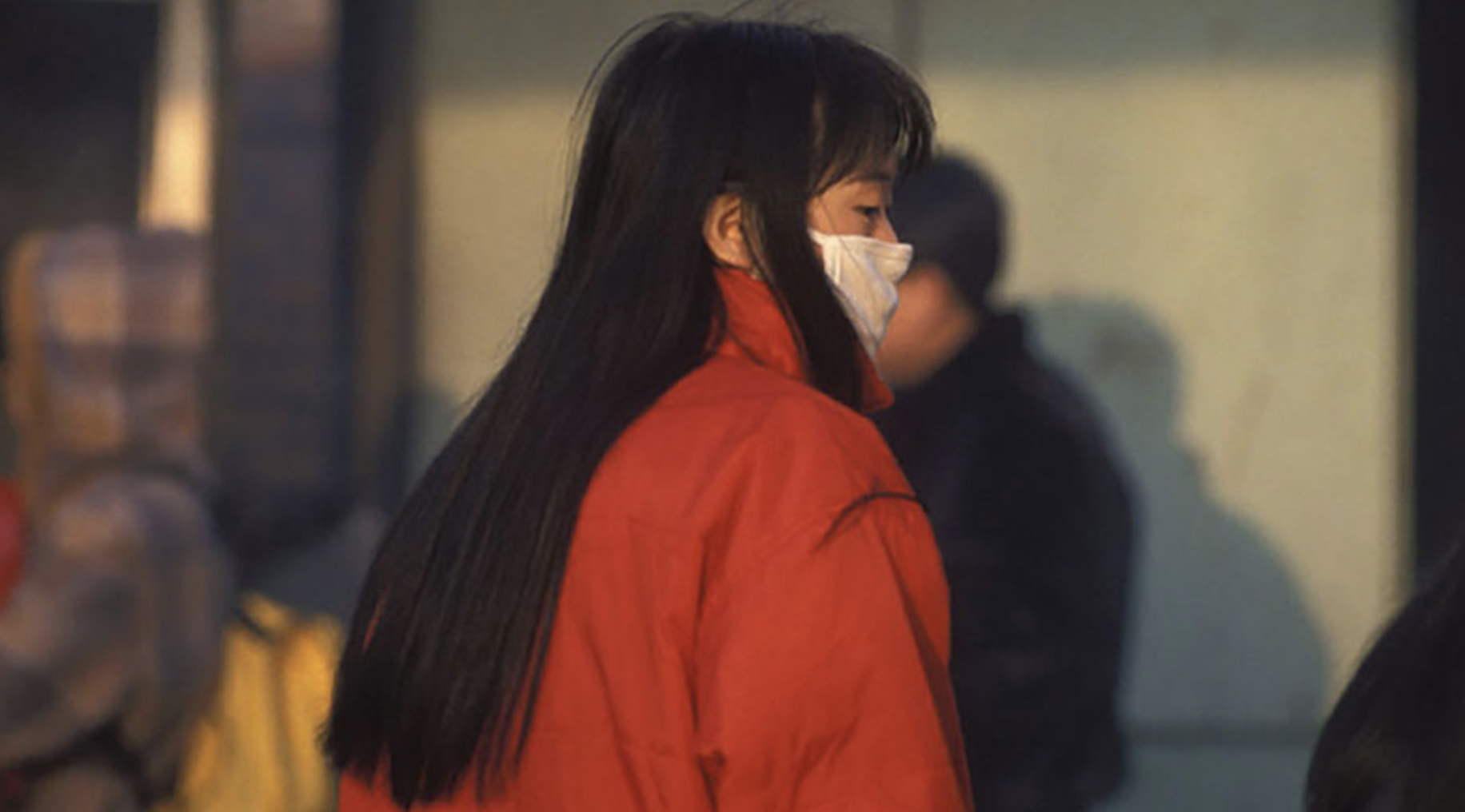Officials in Saudi Arabia are taking precautions to stop the spread of a new coronavirus from China, screening arriving passengers and nurses to prevent a public health threat, according to reports.
The coronavirus, called 2019-n-CoV, has killed 17 so far and infected hundreds of others.
The Kingdom “will assess passengers arriving on direct and indirect flights from China to ensure their safety,” Saudi Arabia’s health ministry confirmed on Wednesday.

The WHO’s International Health Regulations Emergency Committee on the new coronavirus (2019-nCoV) in a meeting today.
A Reuters report says that at least one nurse in Saudi Arabia has contracted the new virus, citing India’s minister of state for external affairs. Other nations, including the United States, have confirmed cases of 2019-n-CoV on their soil and have taken similar precautions.
Saudi Arabia’s government officials are seasoned in getting in-front of the spread of coronaviruses, having largely contained and prevented the spread of the MERS-CoV since its emergence in 2012.
But despite competent outbreak prevention in Saudi Arabia, especially as the host of the annual Hajj and Umrah pilgrimages which see millions visit the Kingdom throughout the year, MERS has proven deadly for those who have contracted it in Saudi Arabia and beyond.
According to the WHO, at the end of December 2019, a total of 2499 laboratory-confirmed cases were recorded. 861 have died, a case–fatality rate of 34.4%.
Coronaviruses (CoV) are a family of RNA viruses that typically cause mild respiratory disease in humans, according to a recent publication from the Johns Hopkins Center for Health Security. “However, the 2003 emergence of the severe acute respiratory disease coronavirus (SARS-CoV) demonstrated that CoVs are also capable of causing outbreaks of severe infections in humans.”
“Currently, there are no licensed vaccines or therapeutic agents (ie, antivirals and monoclonal antibodies) indicated for coronavirus prevention or treatment,” Johns Hopkins notes. “However, researchers are working to develop medical countermeasures. Several vaccine candidates for both SARS and MERS coronaviruses are in early clinical trials.”









